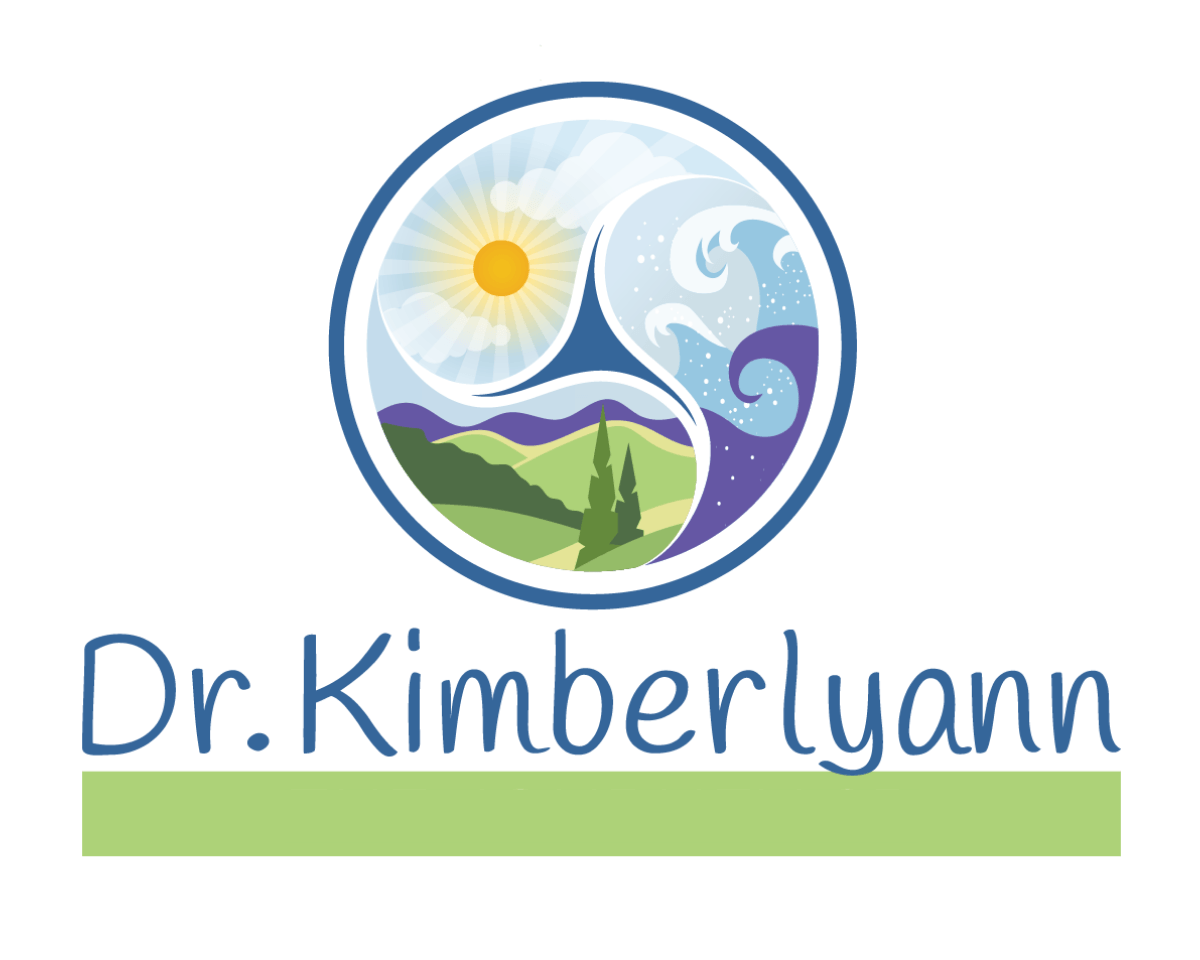Episode 2: The Art of Healthy Thinking
Show Notes
Tune in to this episode to see how our thoughts impact our physical, emotional, and mental health. This episode discusses how thoughts impact your well-being as well as how to harness the power of thoughts to create the life you want.
The way we explain events that happen in life effects not only how we feel but our actions. Will you continue to persevere when challenges occur? Do you say things to yourself that increase or decrease the likelihood of positive events occurring again? Do your thoughts create a sense of hopelessness and promote depression?
It is imperative that we are awake and aware of our thoughts. Often times our thoughts are running as automatic scripts like background music without us paying any attention. Since we have many thousands of thoughts a day we need to take charge of where that mind power is going.
Effectively altering our thoughts impacts mood, academic performance, athletic performance, job performance, relationships, physical health and so much more.
Extended Show Notes
Optimism versus Pessimism
As mentioned in the podcast, our thoughts effect all facets of our functioning. We tend to have a style that we follow as far as the types of thoughts we have (attributional or explanatory style). Our thoughts tend to be optimistic or pessimistic. Dr. Martin Seligman, a leader in positive psychology from the University of Pennsylvania, has done many years of research on optimism and pessimism. He has a questionnaire you can use to determine your style (ASQ- Attributional Style Questionnaire). It is in his book Learned Optimism: Learned Optimism: How to Change Your Mind and Your Life: Martin E. P. Seligman: 8601400332726: Amazon.com: Books
There is a version for children as well (CASQ) which is in his book The Optimistic Child: https://www.amazon.com/Optimistic-Child-Safeguard-Depression-Resilience/dp/0618918094/ref=sr_1_1?dchild=1&keywords=the+optimistic+child&qid=1615228917&s=books&sr=1-1
More Resources
For more information on attributional style and the impact your thoughts have on your well-being check out the resources at UPENN.
https://ppc.sas.upenn.edu/research/attributional-style-adults
https://ppc.sas.upenn.edu/research/attributional-style-children

